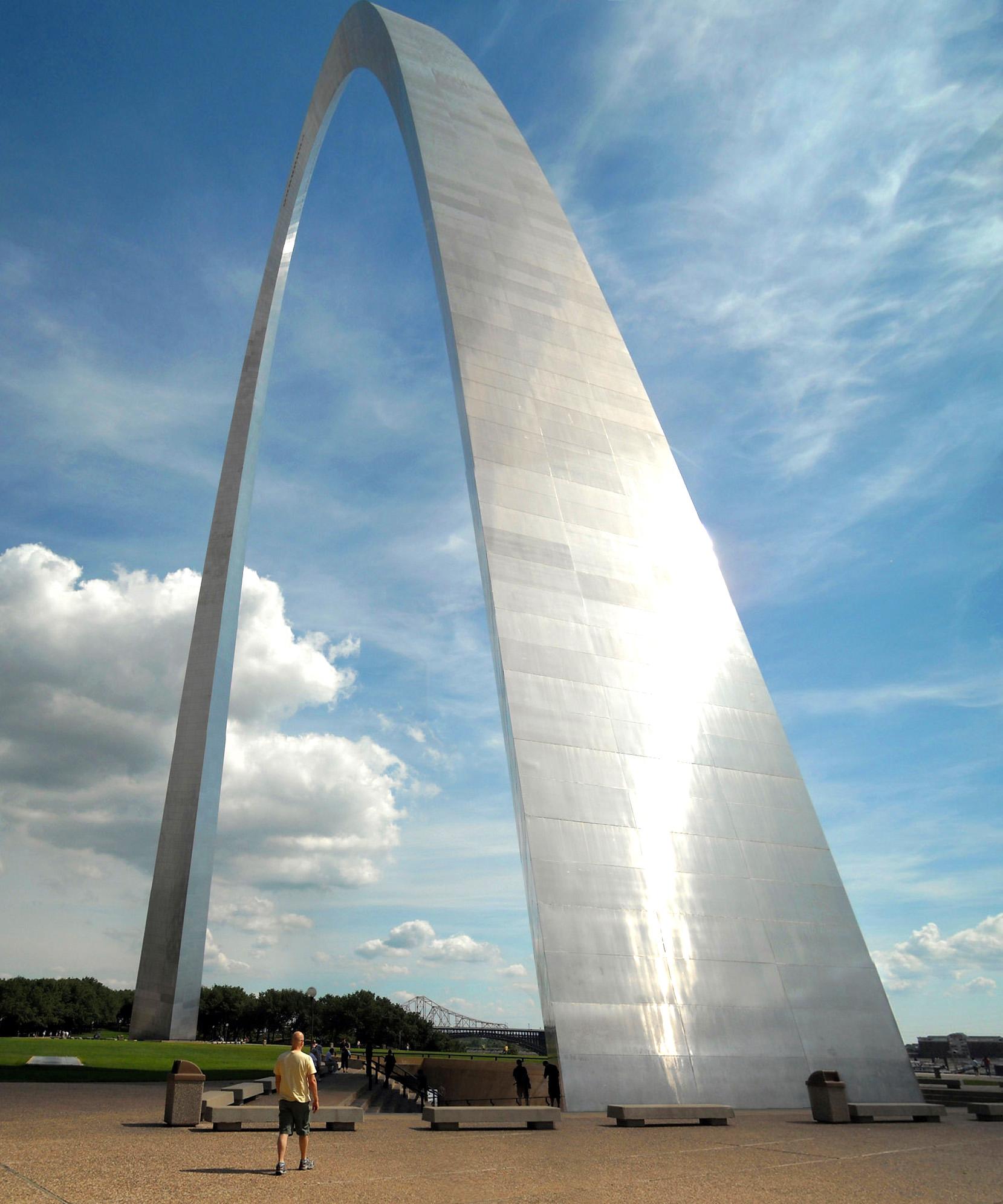This MHIRT experience has been quite the unique one, but I'm still incredible happy to have been a part of it. I'm even more in shock that these past 8 weeks have flown by us so quickly, and that my knowledge on global health inequities and mobile health has grown since the start of this internship.
First off, having to navigate all of this online was an experience in and of itself. I was so happy to see the internship run as smoothly as it did, even though we had to conduct our project and all of our meetings online. Not being able to see everyone in Nicaragua was definitely upsetting, but being able to still communicate and work with everyone virtually made the experience worthwhile.
On top of this, conducting the study gave me new insights on global health that I didn't know existed originally. The technology barrier that exists in rural Nicaragua for community healthcare workers plays immensly into the overall issue of providing valuable healthcare for the individuals that live within rural communities not just in Nicaragua- but throughout the world as well. The study also provided me insight on how tedious research projects can truly be; there are so many steps and intricate details that need to be noticed and paid attention to. On top of this, there are many cultural and ethical concerns that lie within each community that is being researched- and it's incredibly important to take note of those things.
In the future, I am planning on taking my MCAT in late September, and then applying to medical schools so that I can attend in the Fall of 2022. I am also going to start work as a researcher with a startup in San Francisco called Ambience Healthcare, and our project involves creating an artificially intelligent scribe to work in emergency departments alongside trauma physicians. During or after medical school, I want to continue my career in medical anthropology, so that I can combine research work with clinical work. Taking part in the MHIRT internship taught me how interested I am in global health/ethnographic research, and it introduced me to the field of internal medicine/family practice so that I can involve myself with broader healthcare ideas in the future.
I'm so thankful for AMOS and Rhodes College for letting me be a part of this program, and for opening my eyes to a field that I am even more keen on being a part of in the future. I hope that in the future, I can continue working with AMOS or other organizations like AMOS as a knowledgable physician and medical anthropologist.
In the meantime, before I take my MCAT and start work, I'll be studying hard and playing with my cat. I'll include a picture of her because she really is kind of cute (at least in my opinion). :)





